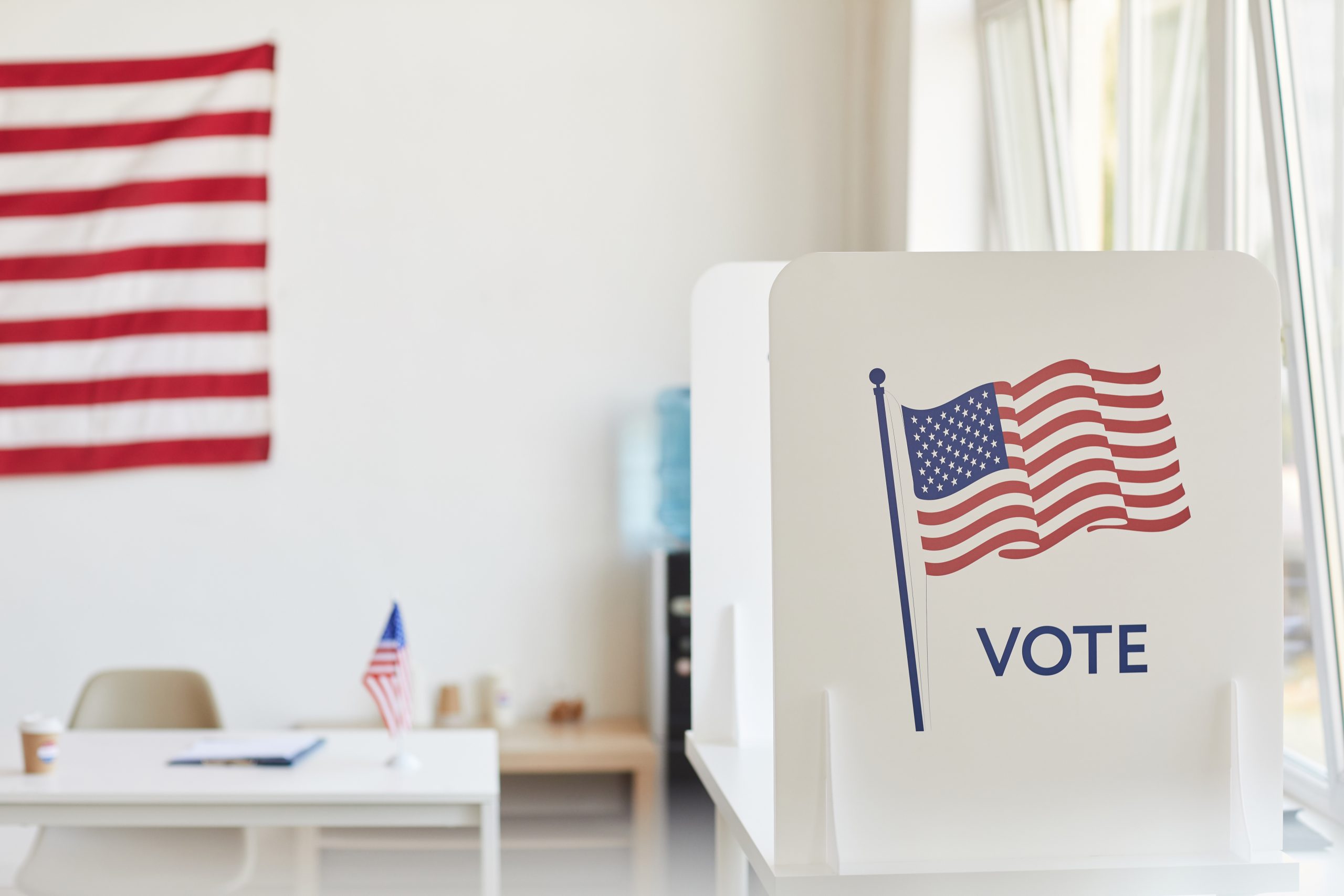
For the first time ever, on November 3rd, cannabis legalization will be in the hands of New Jersey voters.
Ballot Question No. 1, which was approved by super-majorities in the State Senate and Assembly back in December of 2019, asks voters to approve an amendment to the Constitution of New Jersey and ultimately legalize cannabis.
If passed, cannabis can be purchased and consumed legally by those over the age of 21. The bill also applies a state sales tax of 6.625% to all sales.
The ballot does not provide specifics such as possession limits, home-grow rules, and retail regulations. These would be enacted by the legislature and the Constitution Revision Commission.
Righting Wrongs
Despite 33 states and the District of Columbia already having legalized cannabis in some form, Pew Research Center reports that 40% of drug arrests in 2018 were for cannabis offenses — mostly possession.
While some voters may question the need for legalization, it’s important we bear in mind the impact of the state’s criminal justice policies on communities of color.
New Jersey is currently ranked as one of the top three states in the U.S. in terms of number of cannabis arrests.
According to an article on NJ.com, 692,965 people were arrested for cannabis offenses in 2018 in the U.S. — 36,050 of whom were arrested in New Jersey, where cannabis arrests accounted for up 55% of all drug arrests in the state.
The arrests included 13,484 Black people (or 34% of arrests) and 18,767 (51%) white people. But Black people make up just about 14% of the state’s population, while just over half of New Jersey residents are white.
As the 11th state to potentially enact legalization, New Jersey has the opportunity to look at other states for equity inspiration and create a program that benefits the communities most affected by the War on Drugs.
Democratic Governor Phil Murphy, who has long planned for legalization in the state, amplified his support for social equity measures in a recent email blast.
“In fact, Black residents are 3.5 times more likely to be arrested for marijuana possession than White residents,” Murphy told the New Jersey Globe. “Legalization would right those wrongs while also spurring massive economic development opportunities, job creation and new tax revenue.”
Economic Benefits
According to a Marijuana Business Daily projection, a recreational cannabis industry in New Jersey itself — which has a population of nearly 9 million people — would reach $850 million to $950 million in sales per year by 2024.
Gov. Murphy is hopeful that legalization will be an economic driver, especially amid the novel coronavirus pandemic.
During an interview with the Jim Kerr Anytime podcast back in July 2020, the governor explained,
“I’ve been on this from day one. The legislature hasn’t been able to get there yet, but absolutely. That is, to me, an incredible smart thing to do. We’re not inventing marijuana. It exists. It’s got a huge social justice piece for me. The overwhelming percentage of persons nailed in our criminal justice system are persons of color; it’s a no-brainer in that respect. It’s a job creator. It’s a tax revenue raiser. It checks a lot of boxes. I hope we’ll get there sooner than later.”
Domino Effect
It has also been noted that approval is expected to cause a domino effect amongst neighboring states, including New York and Pennsylvania.
In Pennsylvania, for example, it’s likely that Democratic Governor Tom Wolfe would pick up the pace of his legalization efforts to prevent from losing customers to the Garden State.
With Massachusetts having already established a recreational market in 2016, this would create potential for the biggest legal region in the world.
Where Will the Cards Fall?
According to an April 2020 Monmouth University Poll, 61% of New Jerseyans indicated that they would vote in favor of legalization this November.
Six-in-10 voters (62%) think that legalizing marijuana would help the state’s economy, while just 10% of state voters say it would hurt the economy and 21% say it would have no impact either way.
Further, 27% of New Jersey voters think that legalization would lead to an increase in other drug crimes, while 22% believe it will lead to a decrease. The majority, or 46%, think that legalization will not have an impact on other drug crimes either way.
If passed, New Jersey would be the 11th state, along with D.C. to legalize adult-use cannabis. It’s unclear, however, how soon cannabis could hit the market, so be sure to stay tuned for updates.
Written by Rita Thompson



Leave a Reply